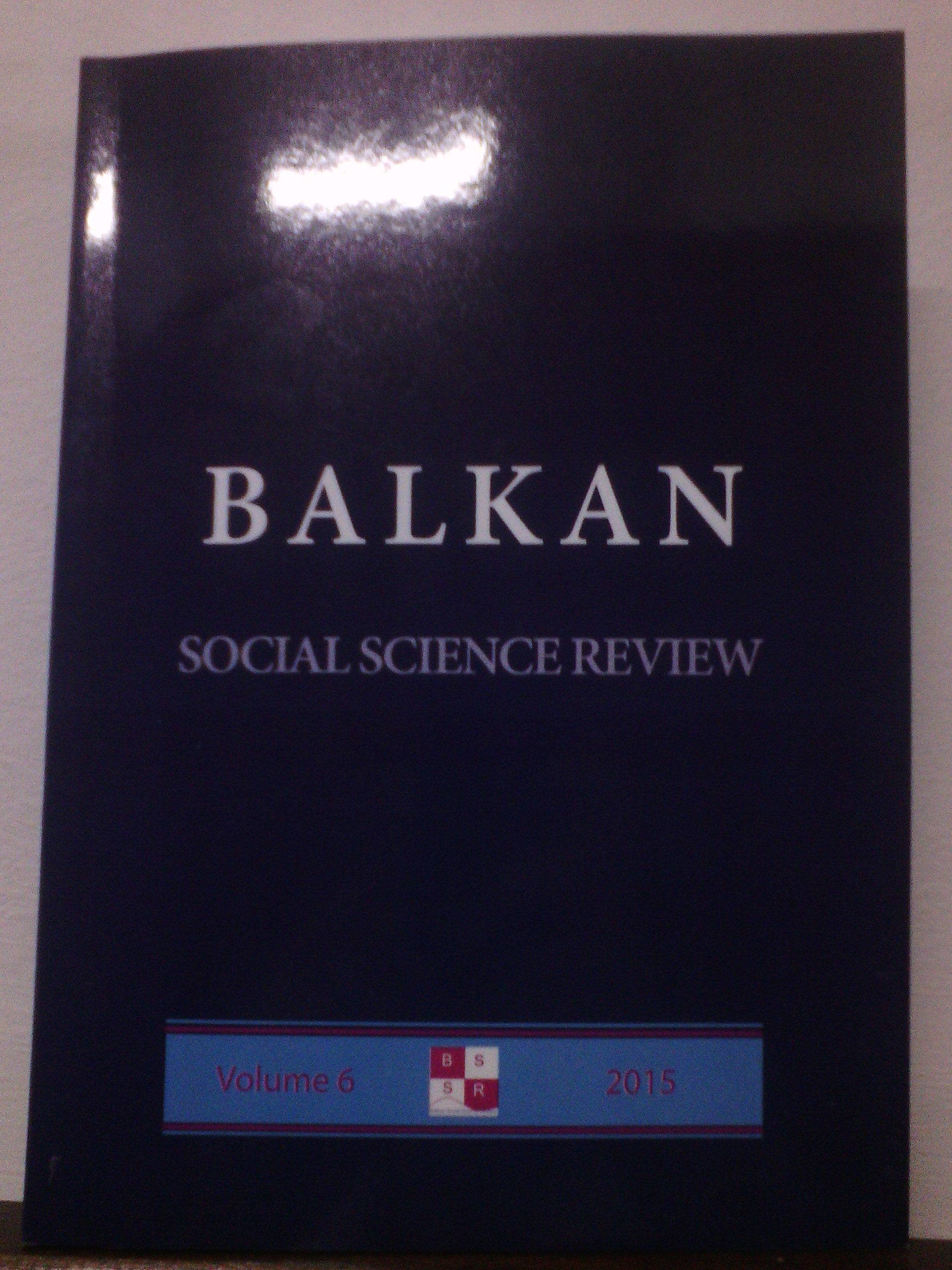The EU Restrictive Measures – What if the Court of
Justice of European Union finds them not Being Legal:
Cases in Croatia and Republic of Macedonia
The EU Restrictive Measures – What if the Court of
Justice of European Union finds them not Being Legal:
Cases in Croatia and Republic of Macedonia
Author(s): Kristina Misheva, Dunja DuićSubject(s): Law, Constitution, Jurisprudence
Published by: Универзитет »Гоце Делчев« - Штип
Keywords: restrictive measures; legal instruments; law on international restrictive measures
Summary/Abstract: The European Union’s restrictive measures or sanctions may beprovided against one or more countries, internationalorganizations, natural or legal persons (such as terrorists andterrorist group).In practice most used restrictive measures are the financialrestrictions as asset freeze on of individuals or companies, assetsbans and travel bans on individuals. But the ultimate objective ofa sanction is determined in accordance with the individual situationor situation.The restrictive measures (Article 215 of Treaty of the Functioningof the European Union (TFEU)) are part of Common Foreign andSecurity Policy (CFSP) and judicial review is available underArticle 275 TFEU, which prescribes that the Court has jurisdictionin reviewing the legality of decisions providing for restrictivemeasures against natural or legal persons adopted by the Councilon the basis of Chapter 2 of Title V of the Treaty on EuropeanUnion. This paper will analyse the legal aspects of restrictivemeasures and the legal nature of the Court of Justice of theEuropean Union (CJEU) jurisdiction in this field. Second part ofthe paper will analyse how the European Union (EU) imposessanctions and embargos among the member states (exampleCroatia) and how these measures impose to the non -Statecountries (example R. Macedonia).
Journal: Balkan Social Science Review
- Issue Year: 2015
- Issue No: 6
- Page Range: 21-40
- Page Count: 20
- Language: English

